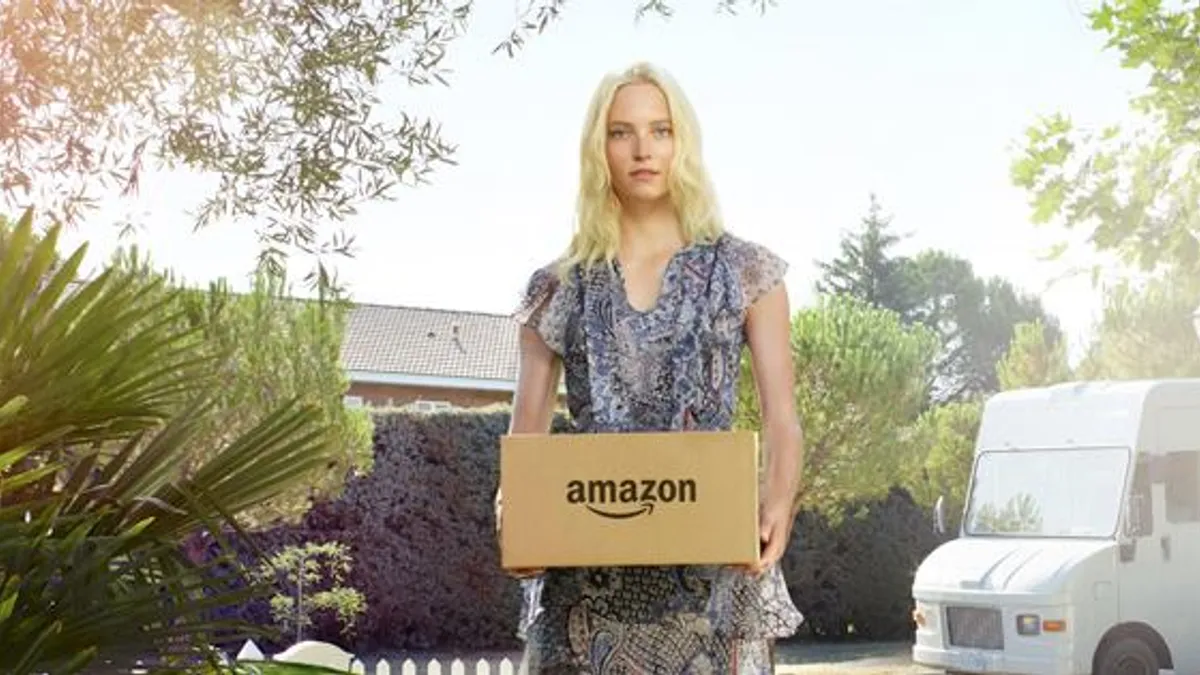Dive Brief:
-
In an uncharacteristic move, Amazon is approaching U.S. retailers and proposing to buy their inventory at retail in order to fulfill orders, CNBC reports. Amazon did not respond to requests from Retail Dive for comment.
-
The arrangements don’t entail the kinds of fees usually faced by Amazon marketplace sellers whose orders are fulfilled by Amazon, according to an email obtained by CNBC.
-
Birkenstock USA, which last year pulled its footwear from Amazon because it didn’t believe it could adequately monitor or control counterfeits, warned its retail partners that participating in such an arrangement would be "breaking their agreement with the company," according to the report.
Dive Insight:
Amazon's Fulfillment by Amazon program allows marketplace sellers to store and ship goods from Amazon warehouses, while its Seller Fulfilled Prime program allows larger retailers and manufacturers to ship from their own centers. Amazon takes a cut from third-party sales using its website and fulfillment services.
The Seller Fulfilled Prime program has already made more than 6 million new items available to Prime shipping and services members across the U.S., U.K., France, Germany and Japan, Amazon said. Prime subscribers are privy to the retailer’s free two-day shipping and same-day delivery in some areas, and enjoy those same benefits whenever Seller Fulfilled participants can meet the shipping speed standards.
The programs tend to be win-win propositions: Sellers have access not only to Amazon’s sticky Prime membership base and other customers, but also to its reputation for good customer service, its logistics infrastructure and the below-market rates it enjoys from United Parcel Service and the U.S. Postal Service. Amazon collects fees while its sellers manage inventory and arrangements with suppliers.
But as third-party seller presence grows, Amazon risks losing control over the merchandise featured on its site. One major headache has been the growing prevalence of counterfeits, the reason Birkenstock USA pulled the plug on most of its Amazon sales. But another, apparently, is too-thin inventory of merchandise in some regions globally.
Amazon has banked its retail success on its ability to fulfill shoppers' needs, assisted by the vast assortment its marketplace has helped it amass (half of all merchandise sold on its site comes “from sellers, small businesses and entrepreneurs") and a search capability that's beating Google. That, of course, breaks down if customers can't find what they're looking for. As rivals like Target and Walmart have boosted their e-commerce, they (and others) are better prepared than ever to pick up such slack.















